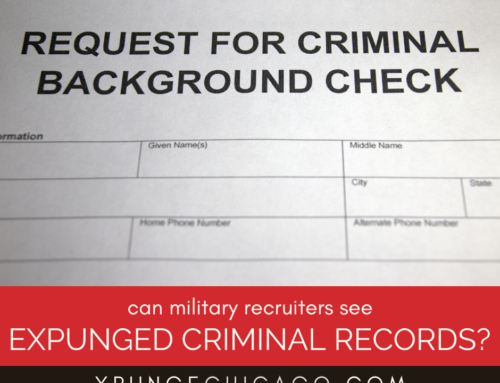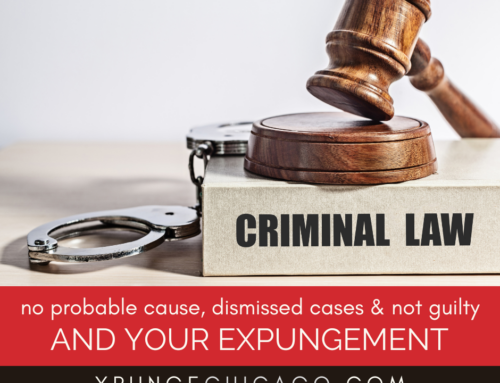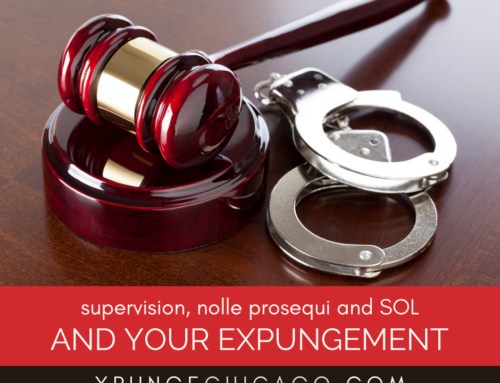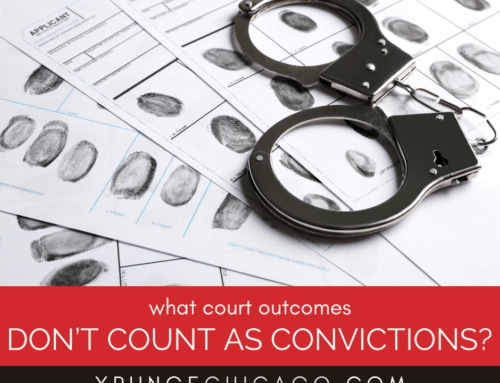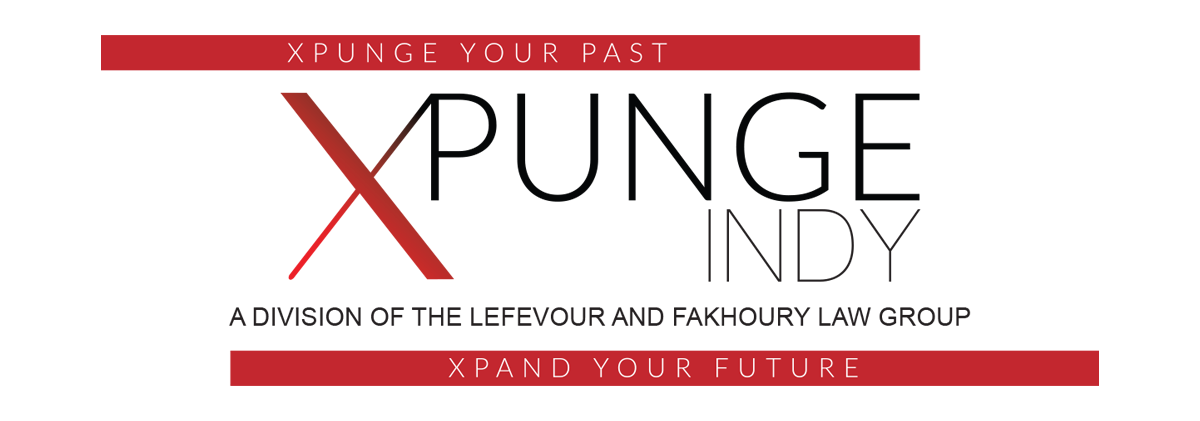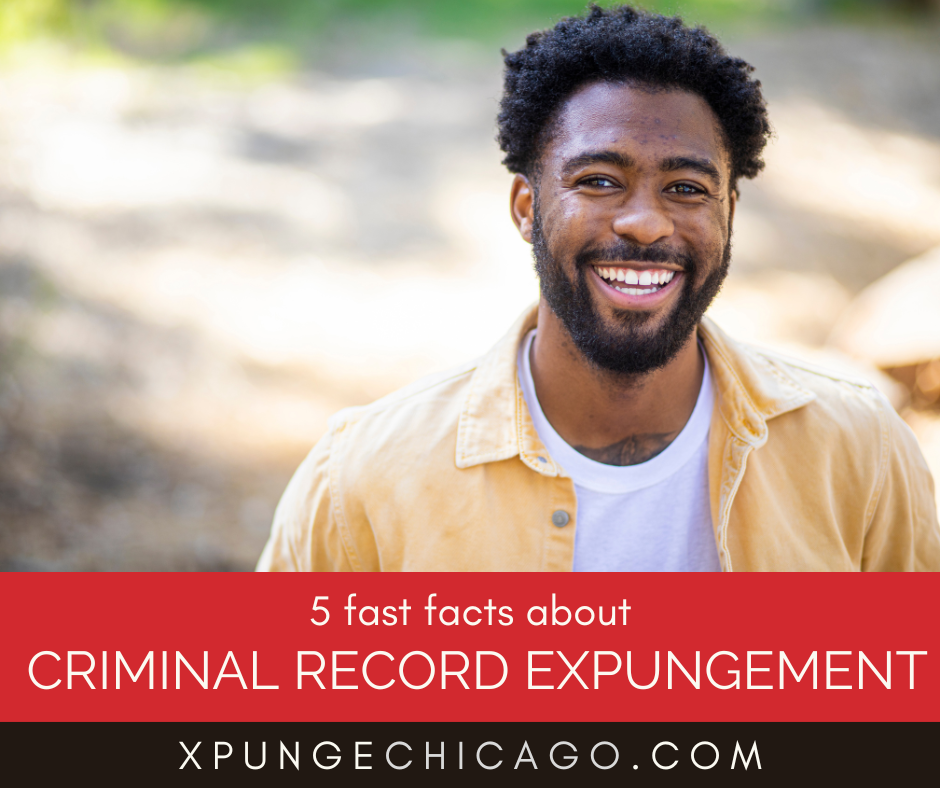
Making a mistake that leads to a criminal record can change the trajectory of your life. However, in Illinois, there’s a glimmer of hope. With the possibility of expunging or sealing your record, you might be able to leave the past behind and pave a smoother path forward. But what do you need to know about this process? Let’s uncover the key facts together.
5 Fast Facts About Expungement in Illinois
This guide will explore:
- The difference between expungement and sealing
- Eligibility criteria for expungement
- Timeframes and waiting periods
- Benefits of expunging your record
- Limitations and exceptions
Here’s a closer look at each.
The Difference Between Expungement and Sealing
At first glance, expungement and sealing may seem synonymous, but they serve distinct legal functions. Expungement is akin to hitting a reset button on part of your criminal history. When a record is expunged, it’s entirely removed from the criminal system databases. It’s as if the incident never transpired. On the other hand, sealing a record can be visualized as putting it in a secure vault. While it’s hidden from the general public, including potential employers or landlords, it’s not entirely erased. Certain authorized entities, like police departments or court officials, can unseal and review these records under specific circumstances. This distinction is crucial, especially when considering future interactions with the legal system or pursuing careers in law enforcement or other sensitive fields.
Eligibility Criteria for Expungement
Expungement is a privilege, not a right. In Illinois, the eligibility criteria hinge on the nature of the crime, the final verdict, and the time that’s lapsed since the incident. Generally, non-violent crimes, cases resulting in dropped charges, or those ending without a conviction stand a higher chance of being expunged. For instance, an arrest that didn’t lead to a conviction or probation completions may be eligible. It’s also worth noting that juvenile records often have a separate set of criteria. Because of the intricacies involved and the potential life-altering benefits of expungement, seeking advice from a knowledgeable lawyer is invaluable.
Timeframes and Waiting Periods
The road to expungement isn’t always immediate. Illinois law mandates waiting periods, which can act as a “cooling-off” phase, ensuring enough time has passed to merit the erasure of a crime. The timeframe varies: some minor offenses or arrests without subsequent charges might have no waiting period, while convictions, especially for more severe crimes, can necessitate waiting for years. These waiting periods serve both as a reflection of the severity of the crime and as a deterrent for repeat offenses.
Benefits of Expunging Your Record
While the legal benefits of expungement are evident, its ripple effects permeate various aspects of life. Professionally, it paves the way for unhindered career growth and opportunities, free from the biases associated with a criminal record. Housing applications become smoother, as the odds of being turned down by wary landlords reduce significantly. On a personal level, it aids in rebuilding one’s reputation within the community. The mental relief, too, is profound, as you’re no longer perpetually anxious about the next background check or the need to disclose past mistakes.
Limitations and Exceptions
However transformative, expungement doesn’t render you entirely “record-free” in every conceivable scenario. Certain crimes, particularly those of a violent nature or involving severe felonies, might be beyond expungement’s scope. Even post-expungement, specific situations might allow entities to access your erstwhile records. For instance, if you’re applying for a job with the FBI or a similar high-security position, they may still review your entire history. These nuances underscore the importance of not just understanding the benefits of expungement but also its boundaries.
FAQ About Expungement in Illinois
Check out these commonly asked questions about expungement in Illinois. If you don’t see the answers here, please call our office, and we’ll get you the information you need.
How Much Does the Expungement Process Cost?
The cost can vary depending on court fees, attorney fees, and other related expenses. It’s best to discuss this with your lawyer to get an accurate estimate.
Is There a Guarantee My Record Will Be Expunged?
No, there’s no guarantee. The decision is up to the discretion of the court after reviewing your petition and the details of your case.
Can Employers See My Expunged Record?
Generally, employers can’t see or ask about expunged records. However, specific sectors, like law enforcement or other government jobs, might have different rules.
What Happens If My Expungement Petition Is Denied?
If your petition gets denied, you can appeal the decision or possibly refile after addressing the issues raised by the court.
How Long Does the Expungement Process Take?
The duration varies. After filing, it can take anywhere from a few months to over a year, depending on the specifics of your case and the court’s schedule.
Going through the process of expunging your record can feel like a weight lifted off your shoulders. By understanding the ins and outs of how it works in Illinois, you’ll be better equipped to take this transformative step. And always remember, having a knowledgeable lawyer by your side can make all the difference as you navigate this journey.
Do You Need to Talk to an Attorney About Expungement or Sealing?
If you’re tired of your criminal past coming back to bite you, we may be able to help. Call us right now at 847-920-4540 or fill out the form below so we can talk about your case.
Oops! We could not locate your form.


